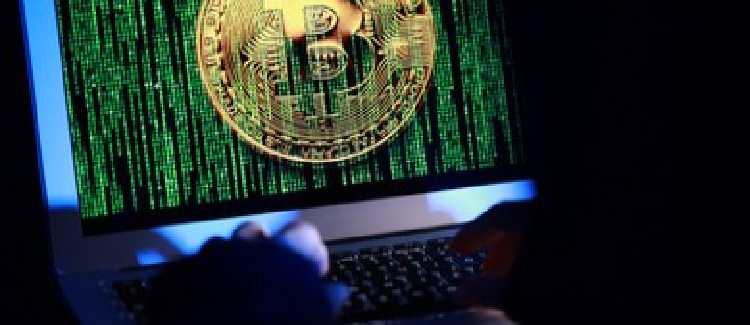In the aftermath of FTX’s downfall in 2022, apprehensions surrounding risks within centralized cryptocurrency exchanges surged. The lingering memory of the colossal $4.6 billion hack in the same year raises ongoing concerns. Astonishingly, the very investigative entity involved in probing the cyber theft now faces its own scrutiny.
Cybersecurity firm PeckShield has voiced reservations on X post about the possible ownership of the fifth largest Bitcoin wallet tied to the Bitfinex hack. This wallet, ranked fifth globally, holds around 94,643 BTC and is suspected to be under the management of the U.S. Government.
Prominently, among exchanges, Binance, Coinbase, and Bitfinex command significant BTC reserves, holding 691.2K BTC, 439.8K BTC, and 320.7K BTC, respectively. Binance, Huobi, and Bitfinex have recently been subjects of discussions raising FUD concerns.
Evidence suggests that the wallet’s ownership is linked to a seizure address, supported by a transaction involving approximately 567.5 BTC (equivalent to approximately $21.88 million) on February 1st, 2022, from wallet 1CGA4s to the specified seizure address.
The Role of the Department of Justice (DOJ) in the Alleged Hack
This scenario isn’t without precedent. In 2022, PeckShield reported a similar case where the U.S. Department of Justice took control of an account linked to the Bitfinex hack, resulting in the seizure of Bitcoin valued at $3.55 billion, underscoring the cryptocurrency’s connection to the alleged hack.
Public sentiment towards the DOJ has become mired in allegations of corruption and manipulation, with speculation about their potential involvement in manipulating recent U.S. elections.
Recent revelations include Ilya “Dutch” Lichtenstein, a New York resident, admitting to orchestrating the initial 2016 cyberattack on Bitfinex. These developments underscore the pressing need to secure digital assets and fortify defenses against cyber threats.
Bitfinex, mired in controversies and lacking transparency, raises questions. Notably, the involvement of U.S. lawmakers adds complexity, prompting exploration of whether this story is complete or if hidden aspects remain. The security of our digital assets remains an open question, with only time providing answers.





